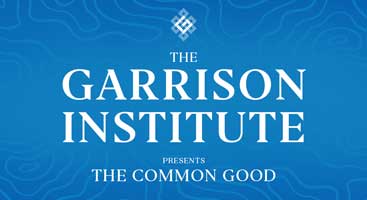This episode features Dr. Monica Gagliano, pioneering researcher in plant acoustics and author of Thus Spoke the Plant. Recognized alongside Jane Goodall and Rachel Carson as one of the world’s most inspiring women in science, Gagliano challenges us to reconsider plants as sentient, intelligent beings. From her early work on the Great Barrier Reef to groundbreaking experiments showing that plants can learn, remember, and respond with discernment, she invites us to imagine science not as a tool to control the world around us, but as a forum for dialogue with it. Gagliano reflects on animism, relational science, and how ecosystems self-organize for resilience—even in the face of climate change. The conversation calls us to trust life’s intelligence and embrace a perspective that honors the deep connections among all living systems.





